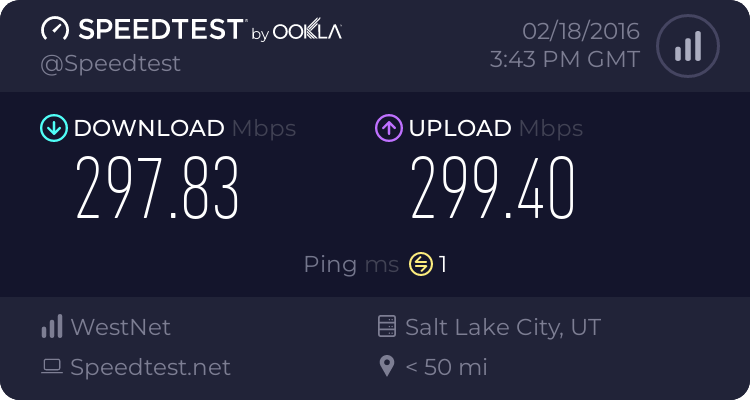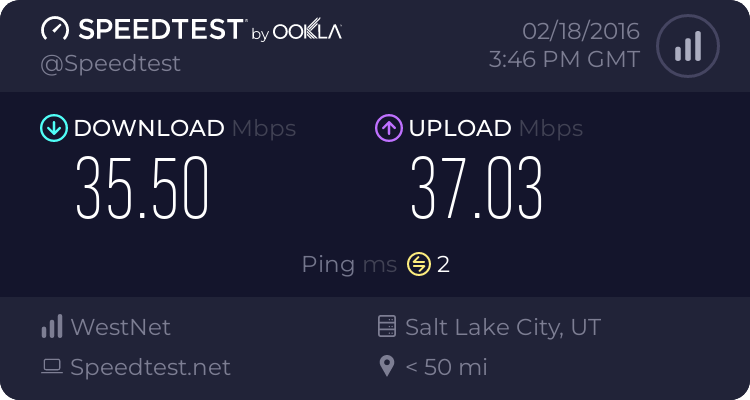yorgi
Very Senior Member
We would like to get your help to see if you get faster then 50mbps running a VPN client with PIA service provider.
If you are using any other VPN provider your input is also welcome
Please post your speed tests and let us know;
-VPN service provider
-what part of the country you are from,
-Mbps of your ISP connection
-Which router model you are using
-what encryption you are using
-what were the fastest speeds you recorded when doing a speed test with your VPN client.
These test can help determine if VPN providers are throttling their bandwidth or if routers have hardware limitations.
thanks
If you are using any other VPN provider your input is also welcome
Please post your speed tests and let us know;
-VPN service provider
-what part of the country you are from,
-Mbps of your ISP connection
-Which router model you are using
-what encryption you are using
-what were the fastest speeds you recorded when doing a speed test with your VPN client.
These test can help determine if VPN providers are throttling their bandwidth or if routers have hardware limitations.
thanks
Last edited:



